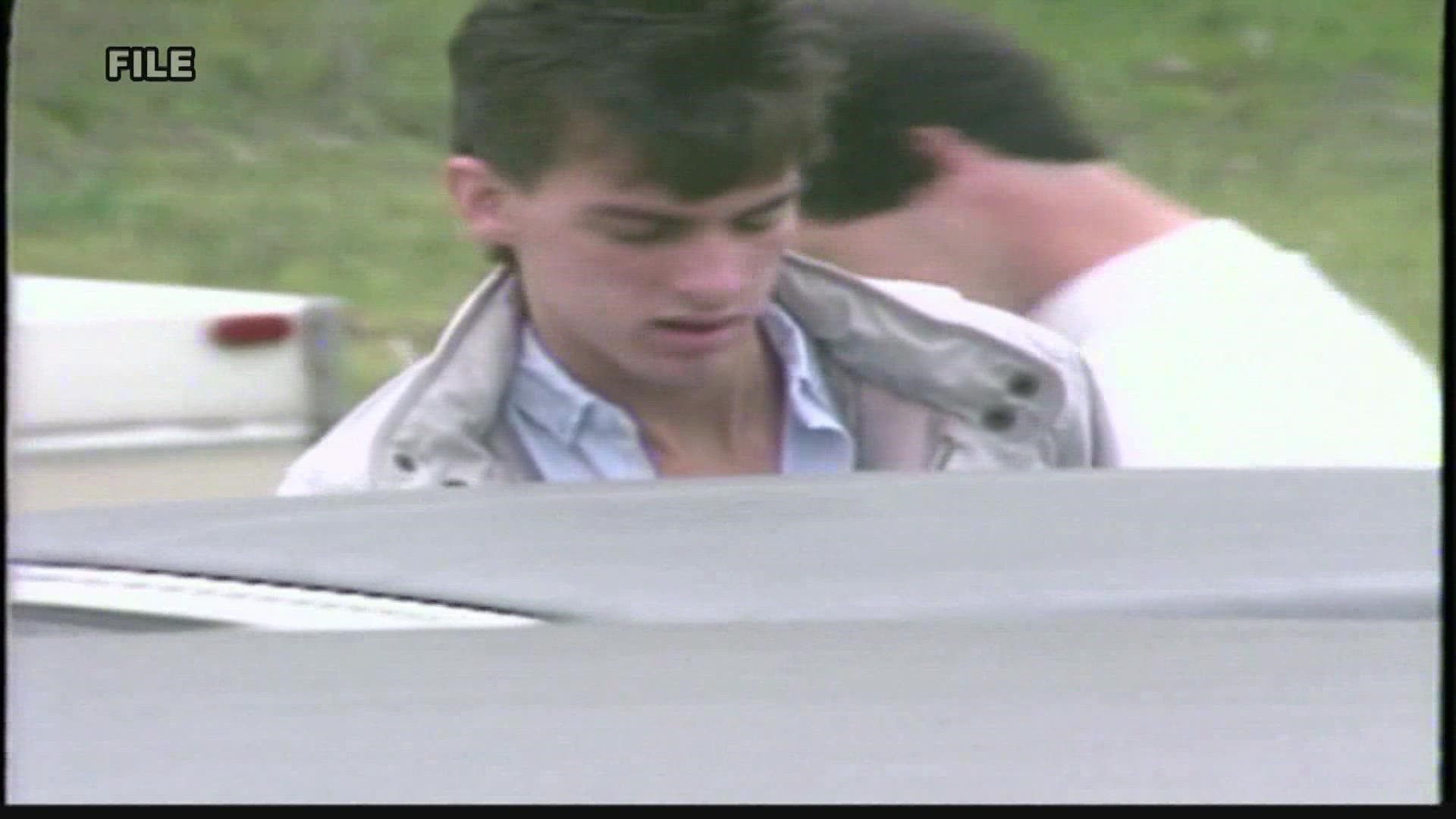ST. JOSEPH COUNTY, Ind. — It was the Sunday after prom night in 1989, and the pastor at Lakeville’s Olive Branch Church had not shown up for morning service. A few parishioners, unnerved by the darkened windows to the church parsonage, went there with master keys in hand and unlocked the door to a massacre.
Reverend Robert Pelley was found with two bullet holes in his body, his glasses lay skewed on the shag carpet. His wife, Donna, was found entwined with the bodies of her two young daughters, Janel, 8, and Jolene, 6, in a protective stance.
Police determined all four had been shot at close range with a shotgun, the type of which was now missing from the family’s gun rack.
Three of the family’s children were also missing. Jacque Pelley, 14, was out of town at church camp. Jessica Pelley, 9, was at a friend’s house for a sleepover.
But it was Robert’s 17-year-old son, Jeff Pelley, who had attended the LaVille High School prom the night before with friends and was now on rides at an amusement park near Chicago, who first perked their suspicions.
Over the course of a few hours, investigators would reportedly learn Robert had restricted his son’s activities on prom night as punishment for some CDs and money Jeff was caught stealing from a nearby home. Robert said Pelley would be unable to attend after-school prom activities, and must be driven to prom if he wanted to go at all.

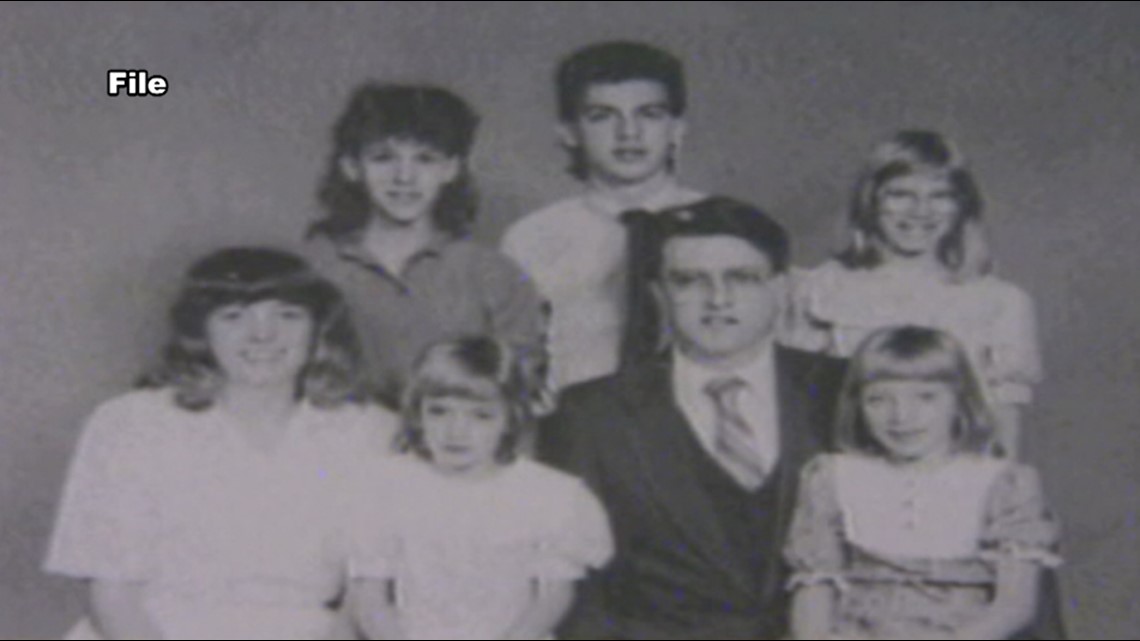
The humiliation of it all, police said, prompted the grounded 17-year-old to return to annihilate his father, stepmother, and two stepsisters within a 20-minute timeframe before going to prom.
Although authorities suspected Pelley of the murders from the start, it would take them another 13 years to arrest him for the murders. He was not charged with the 1989 crime until 2002.
Pelley was found guilty in 2006 and sentenced to 160 years in prison. That conviction was reversed by the Indiana Court of Appeals in 2008, but upheld again by the Indiana Supreme Court one year later.
Throughout the entirety of those 32 years and multiple trials, Pelley has maintained his innocence in the now ubiquitous "Prom Night Murders."

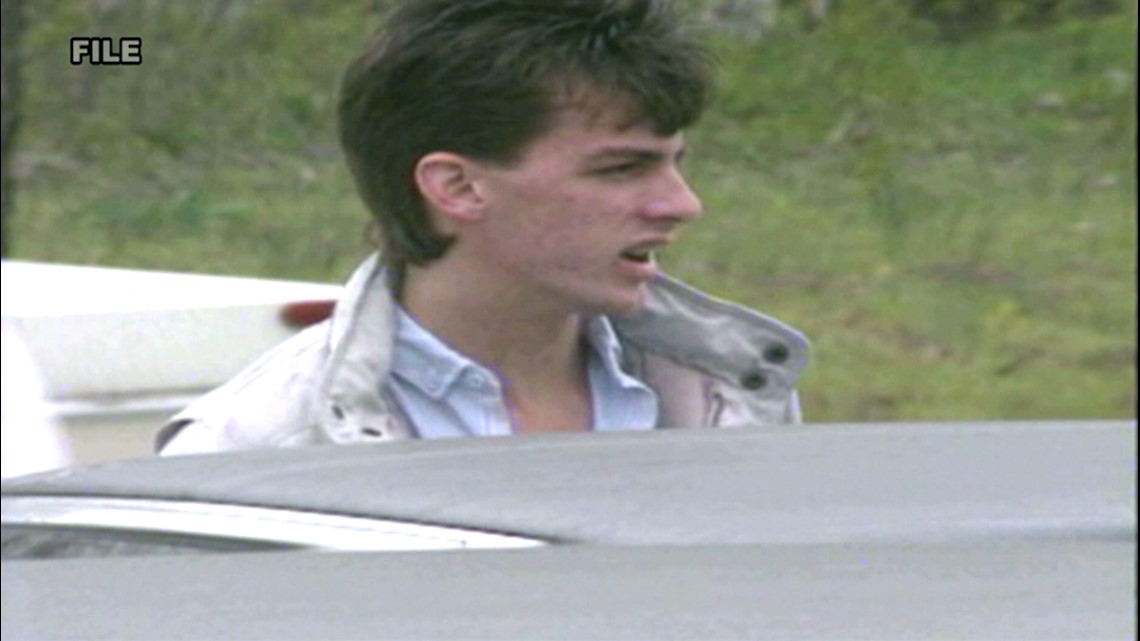
Now 50, Pelley is getting a chance to present new evidence on his behalf in a St. Joseph County courtroom for the first time since that 2009 hearing. Pelley’s legal team will try to prove the prosecution misrepresented evidence and that his previous defense attorneys mishandled his case in 2006.

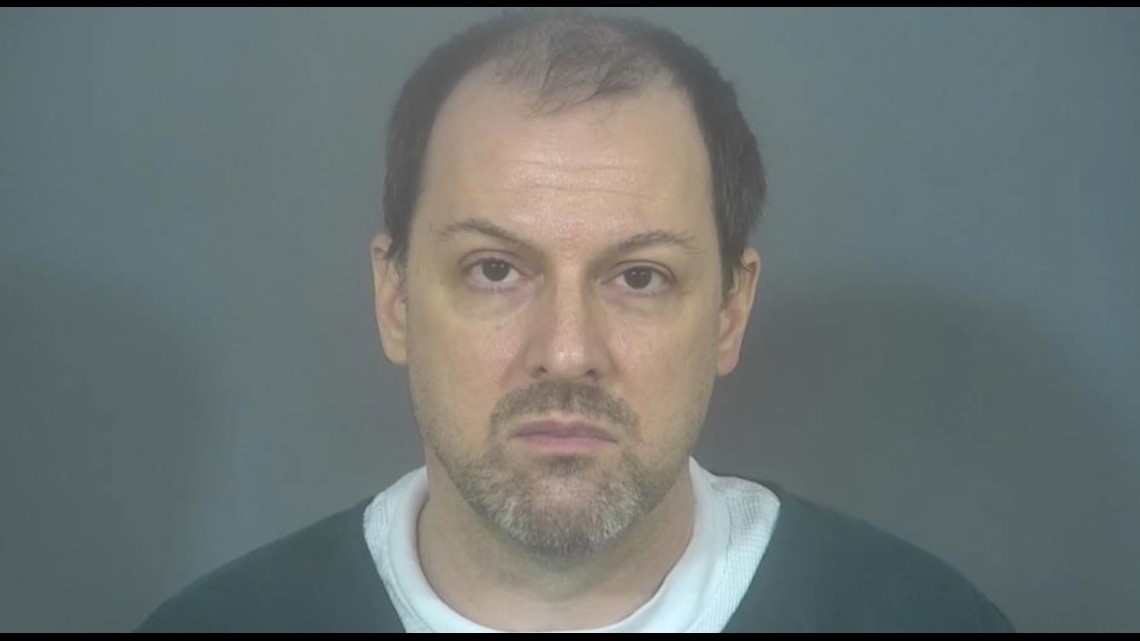
“The best outcome in a proceeding like this is just a new trial,” Pelley’s attorney Fran Watson, who runs a wrongful conviction clinic at the Indiana University Law School and is a founding member of "The Innocence Network," explained to South Bend NBC affiliate WNDU on Monday.
Prosecutors and police maintain Pelley did kill his family that April night in 1989, and the fact that his case was adjudicated by the Indiana Supreme Court in 2009 is proof any new trials would yield the same result.
Pelley’s post-conviction relief hearing began Monday. During a 10-minute opening statement, Watson said her team would present evidence that Pelley’s initial defense team in 2006 was ineffective. They also said key testimony, that could have led to a different outcome for Pelley, went unpursued by that team.
During the 2006 trial, Watson said, the state presented blue jeans Pelley reportedly wore before prom to the jury as evidence Pelley washed his family’s blood off his clothes after killing them.

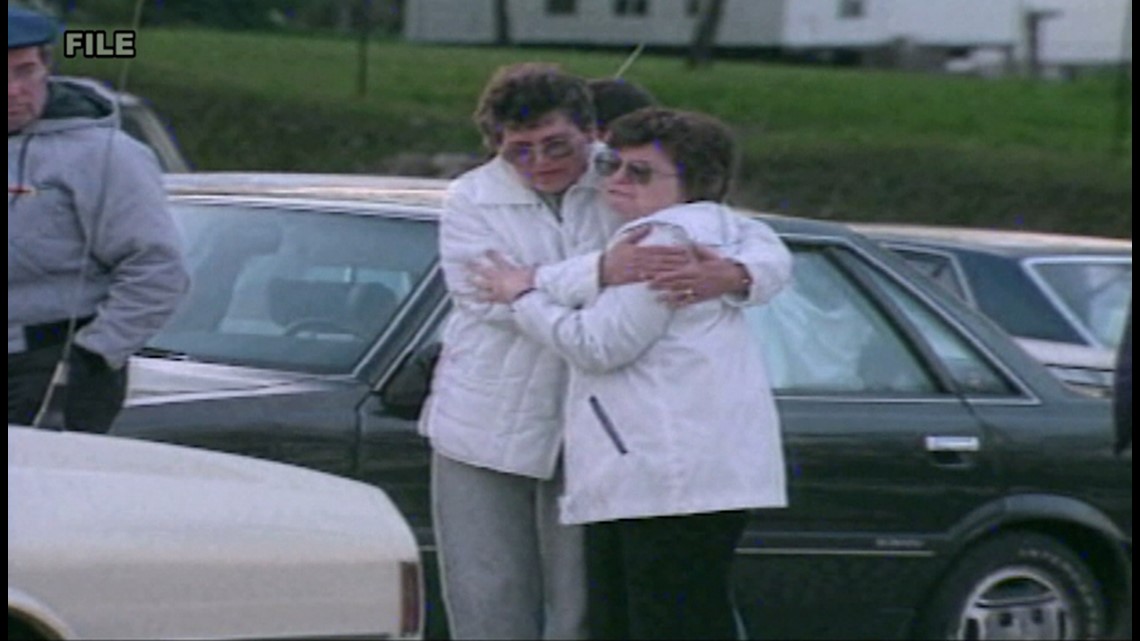
The defense tried to show police had mislabeled the jeans they found by questioning cold case investigator Craig Whitfield. Watson asked him why, if the jeans were washed, did it have a legible receipt in the back.
On Tuesday, the second day of the hearing, the defense focused on the testimony of Toni Beehler. She stated her testimony was never pursued by Pelley’s 2006 defense team, and jurors never heard her speak at trial.
That is despite Beehler’s claims she came forward with information during that time about shady business deals Robert Pelley said he moved his family from Florida to Indiana to get away from. Beehler stated Rev. Robert Pelley told her he moved money for a mob while working for a Florida bank, and had concerns a church program inadvertently revealed his current whereabouts to those past associates.
“They are going to kill each member of my family. I’m going to watch and they’re going to kill me,” Beehler testified Robert Pelley confided to her back in 1989. The Pelleys were murdered days after that conversation.
Beehler testified she was not taken seriously by investigators when she tried to come forward with her story in the days following the murders. She contacted the prosecutor’s office again after Pelley was charged, and was interviewed by officer Tim Decker.
On the stand, Decker expressed doubts that Robert Pelley would have confided that information about previous criminal ties to Beehler when was a salesperson trying to sell the pastor a church directory.
Watson then questioned former prosecutors office workers about how they filed the VHS tape Beehler did with authorities, in an attempt to show proof Pelley’s 2006 trial attorneys were not sent a copy of that interview. Prosecutors called her testimony “hearsay within hearsay” that wouldn’t be permissible in court.
On Thursday, Pelley's former defense attorney Andre Gammage, former prosecutor on the Pelley case Scott Duerring, lead prosecutor Frank Schaffer, criminal defense expert Jessie Cook and witness Melissa Maines testified.
The defense rested Thursday night, and the state did not bring forth any witnesses.
St. Joseph Superior Judge Stephanie Steele will decide whether Pelley will be given a new trial.

